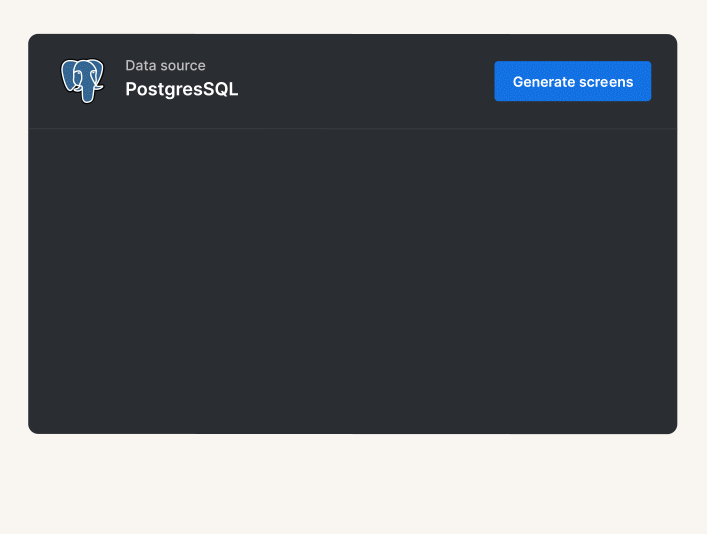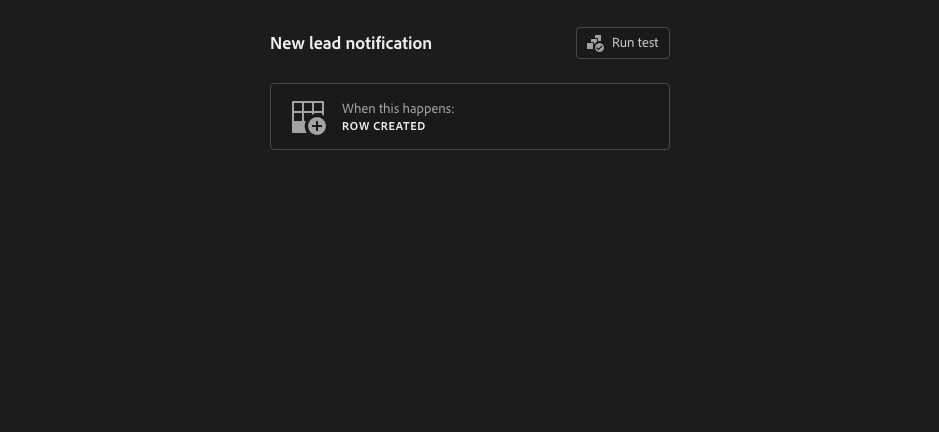While there are differing perspectives on the degree to which no-code and low-code development tools could eventually supplant human software developers, it’s clear that any software that takes care of the technical “heavylifting” is having a huge impact within businesses — in terms of opening app-building to more personnel, plugging the talent gap, and helping existing developers focus on more demanding tasks.
A quick peek across the recent funding landscape shows little sign of the no-code / low-code movement slowing. In 2022 alone we’ve seen the likes of Webflow draw in $120 million for a no-code website builder; Softr raise a $13.5 million Series A to help companies build apps on top of Airtable databases; Appsmith secure a $41 million Series B to power customized internal business apps; Retool attract a $45 million cash injection for a similar proposition; and Thunkable lock down a $30 million investment for a no-code mobile app development platform.
So despite the broader downturn, it seems that 2022 may have been relatively kind to startups operating in the no- and low-code sphere, something that fledgling Northern Irish startup Budibase is capitalizing on with the announcement of a fresh $7 million tranche of funding to further develop an open source web app builder.
Founded out of Belfast in 2019, Budibase allows users to connect to an external data source — such as Postgres, MySQL, Oracle, Google Sheets, or Airtable — and develop internal tools or business apps in minutes. Such apps may include anything from customer helpdesk applications, application tracking systems, and inventory management systems, to admin panels, portals, and forms.

Budibase: Example business application in action
It’s also worth noting that Budibase also packs its own built-in database based on CouchDB, for those looking to build apps entirely from scratch.
“Every enterprise we speak with says the same thing — ‘we have a long backlog of internal tool tickets that are holding us back’,” Budibase cofounder Joe Johnston told TechCrunch. “With Budibase, enterprises are building internal tools and transforming workflows in days, not months, which is a huge cost-saving and catalyst for innovation.”
Open sourced
One of Budibase’s core selling points is that it’s open source, which gives companies more flexibility and extensibility, but also allows them to host everything themselves — this is particularly important for enterprises with sensitive data they may wish to protect from the SaaS-y clutches of third-party infrastructure.
In addition to the free self-hosted version of Budibase, the company also offers a range of premium and enterprise plans with add-on features (such as SLAs and unlimited automation logs) and a fully-managed hosted incarnation.
Budibase is somewhat similar to other players in the open source low-code development space, including the aforementioned Appsmith and Joget which, as it happens, announced its first institutional funding earlier this year via a $2.2 million pre-Series A investment. So this highlights the demand not only for no- and low-code app builders, but also the ability to retain full control over company data and gain full insights into what’s going on under the hood.
“Enterprises like this because they have access to the codebase, and they can patch it if they need to [which is useful for] risk mitigation,” Johnston said.
Automation for the people
Budibase is looking to set itself apart in a number of ways, through more subjective elements such as usability, but also through specific differentiators such as built-in automations comparable to something like Zapier.
Indeed, Budibase includes automations that are powered by webhooks and actions that are good to go out-the-box, but which can also be customized by the more technically-minded that want to throw their own scripts into the pot. Such automations can cover any number of use-cases, such as automatically approving (or denying) an employee’s leave request through an internal form, or issuing a new inbound lead notification to the sales team at the start of their shift.
“We want to deliver a platform that helps developers and non-developers — but technical employees — innovate and accelerate their workplace,” Johnston said.

Budibase automation in action
A quick peek at Budibase’s homepage reveals a fairly impressive roster of company logos, from Google and Netflix, to Tesla and Disney. At first glance, it would appear that these are fully signed-up Budibase customers, but alas this is not the case — Budibase uses a tracking tool called Scarf to detect which domains are downloading the open source Budibase software. So this doesn’t really tell us all that much about how Budibase is being used at these companies, whether it’s being tested internally or whether it’s simply curious employees downloading it for their own interests.
“Employees from some of the companies mentioned are active in our community,” Johnston said. “For example, Scarf told us Google has pulled down the Budibase Docker image over 150 times.”
Budibase had raised $1.8 million in seed funding prior to now, and its latest $7 million “seed II” funding round included investments from SignalFire, Angular Ventures, Techstart, and a slew of angel backers.
Meet Budibase, a low-code open-source web app builder with automations by Paul Sawers originally published on TechCrunch




